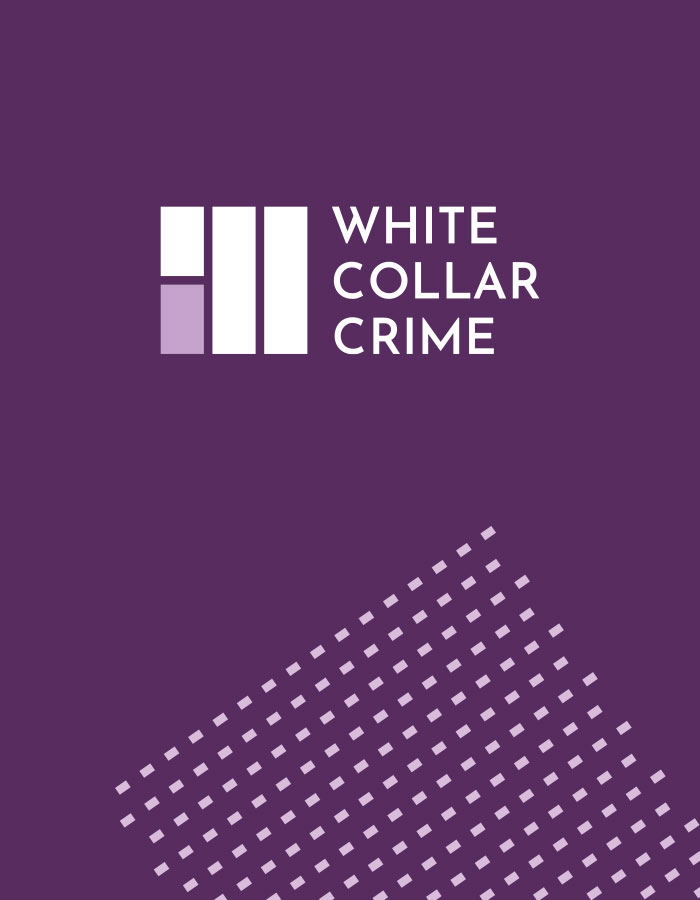Speed read: The introduction of unexplained wealth orders into the UK’s civil recovery toolkit followed a wider debate about the human rights implications of asset recovery. This article compares the effect of the UK’s decision to the alternative option, the illicit enrichment offence, chosen by other jurisdictions.
The responses to the problems of corruption, bribery and money laundering are multiple. One method of combatting these crimes is to focus on the proceeds, by requesting audit trails for high-value property owned by people who do not appear to have enough lawful income to afford such property. To this end, Unexplained Wealth Orders (UWOs) came into force in the UK with the Criminal Finances Act 2017. They are a civil mechanism, issued by enforcement authorities such as the NCA, HMRC and the CPS, to individuals regarding property they are thought to own. They are investigative in nature, requiring explanations of the provenance of specific property.
Crucially, they do not give rise to criminal proceedings, instead resulting in confiscation of unexplained property. The criminal offence of illicit enrichment has similar aims and modus operandi, but the repercussions of non-compliance are criminal sanctions.
The UN Convention on Corruption (UNCAC) (Article 20) recommended that member states considered the introduction of an offence of illicit enrichment. The UK Government issued a consultation paper in April 2016 on its anti-money laundering laws, specifically asking whether it was more appropriate to introduce an illicit enrichment offence or a UWO civil recovery power. The response was strongly in favour of the latter; though it was recognised as useful to combat corruption, one of the biggest issues foreseen with illicit enrichment was its potential for human rights infringements. As a criminal offence, a person suspected of owning corruptly obtained property would be tasked with proving the lawful origin of the monies used to buy the property in order to avoid conviction. There is a strong argument that placing the highest threshold on an individual undermines the European Convention presumption of innocence and domestic principles of fairness in criminal cases.
A 2012 report of the World Bank and UNODC’s STAR initiative (On the Take: Criminalizing Illicit Enrichment to Fight Corruption) found that 44 jurisdictions had criminalised illicit enrichment. One such country is Ukraine, which until recently was pursuing multiple investigations of public officials under the offence. However, a recent Constitutional Court decision declared the offence unconstitutional, on the basis of procedural unfairness. This has caused some concern amongst international bodies such as the World Bank and the G7, who are strong sponsors of the anti-corruption effort. It is undoubtedly a set-back for cases in which there is not sufficient evidence for a criminal prosecution and for the investigations of officials which had to be dropped following the decision. This uncertainty provides a paradigm example of why the UK preferred to take the UWO route.
Notably, the offence of illicit enrichment recently passed a constitutional challenge in Lithuania. This regime is particularly wide, flagging ownership of property above a minimum value. This was held to not constitute a violation because fair trial rights are qualified, not absolute (see Constitutional Court of Lithuania on the Legitimacy of Article 189, KT4-N3/2017). Specifically, the Constitutional Court found that the presumption of innocence was not infringed because the offence places the burden of investigating and disproving lawful property origins on the prosecution. But clearly, as part of a civil recovery regime, the UK’s implementation of UWOs is less likely to succumb to the same human rights-based challenges (see National Crime Agency v Hajiyeva [2018] 1 W.L.R. 5887).
There is a tension inherent in this debate between the public benefit to be gained, both by penalising the proceeds of crime and by upholding due process principles, in the anti-corruption effort and beyond. Both are integral to the fight against financial crime.







